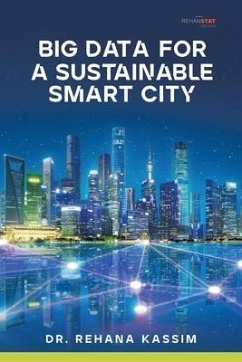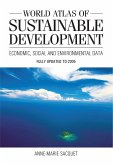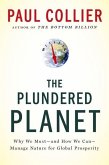This book, Big Data for a Sustainable Smart City, is an overview of the role of big data in the sustainability of a smart city. The book looks at the future trends and challenges in the use of big data, with discussions on big data and its implementation contextually elaborated, touching on several subdomains of smart city, such as smart infrastructure, smart healthcare, and smart grid. As distributed ledger technology and blockchain have increasingly become part and parcel of big data, with potential role as alternative currency and authenticity instrument, the book also included discussions on distributed ledger technology. Highlights on social technology fusion as mooted by the concept of Society 5.0 is discussed as a continuation of technocentric IR 4.0 growth. The book concludes with hope and concern that society will be facing in tandem with its adoption.








